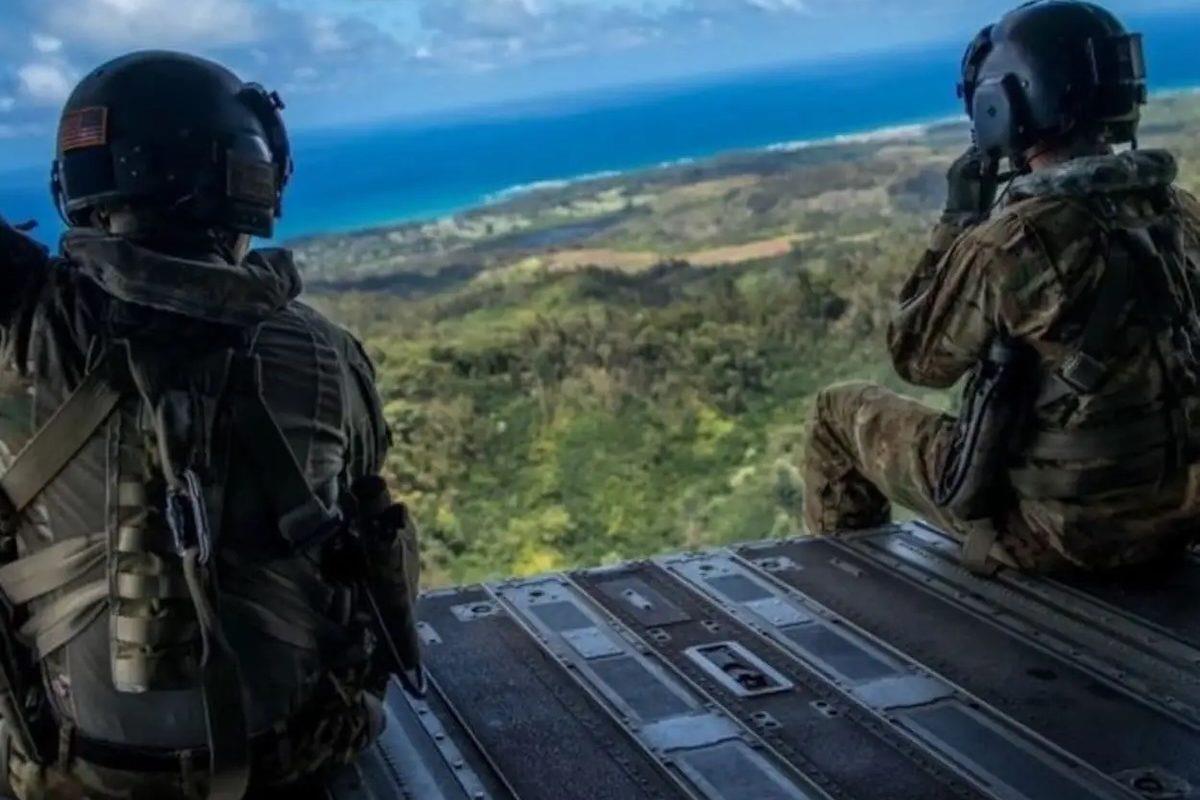
Palau Deports Chinese Criminals, Reinforces Indo-Pacific Security
We'll get to how Palau did it (and what it did) but first, to understand how important this is, a bit more about Palau itself.
The Republic of Palau is made up of over 300 islands, has about 20,000 people and shares a maritime border to the west with Philippines and to the south with Indonesia. It's Micronesian, linked to cousins in places like Yap by centuries of skilled navigators. Some of the famous Yap stone money was quarried in Palau and brought back to Yap.
Palau's strategic location made it a magnet and a target for outsiders from the colonial period onwards. First it was Spain, then Germany, then Imperial Japan. Japan held it as part of the“Japanese Mandate” that also included what is now the Northern Mariana Islands, Federated States of Micronesia (FSM) and Marshall Islands, from 1914 to 1944.
During that time, the Japanese built up agriculture, industries and trade in Palau, and increasingly militarized it. It was because Japan held the central Pacific that it was able to hit Pearl Harbor, and that it was so difficult for the US to fight back across the Pacific and be within striking distance of Japan. Palau is the site of several brutal World War II fights, including the Battle of Peleliu.
Washington took that lesson to heart and, after the war, worked to make sure the central Pacific couldn't be used to hit the US again. The islands that had been part of the Japanese Mandate became a United Nations Trust Territory under American administration. The US was an uncomfortable colonial power and looked for ways to end the trusteeship that would mean no other aggressive power could use the central Pacific to attack America, and Americans.
Threading the strategic needleAfter decades of debate and negotiations with leaders from across the Trust Territory, and local referenda, the end result was an agreement unlike anything the US has offered any other countries. Palau, the Federated States of Micronesia and the Marshall Islands became independent countries and agreed to a compact of free association with the United States.
The Compact allows citizens of the three“Freely Associated States” (FAS) to live and work freely in the US, serve in the US military and get a range of services, including postal service at domestic US rates. The U.S. also agrees to defend the three states“and their peoples from attack or threats,” can set up military facilities in the FAS and has the ability to block the militaries of other countries from operating in the FAS.
Bottom line, the message from Washington is: We are in this together. Do what you want, we will help, but others can't use you to strike the United States.

Legal Disclaimer:
MENAFN provides the
information “as is” without warranty of any kind. We do not accept
any responsibility or liability for the accuracy, content, images,
videos, licenses, completeness, legality, or reliability of the information
contained in this article. If you have any complaints or copyright
issues related to this article, kindly contact the provider above.























Comments
No comment